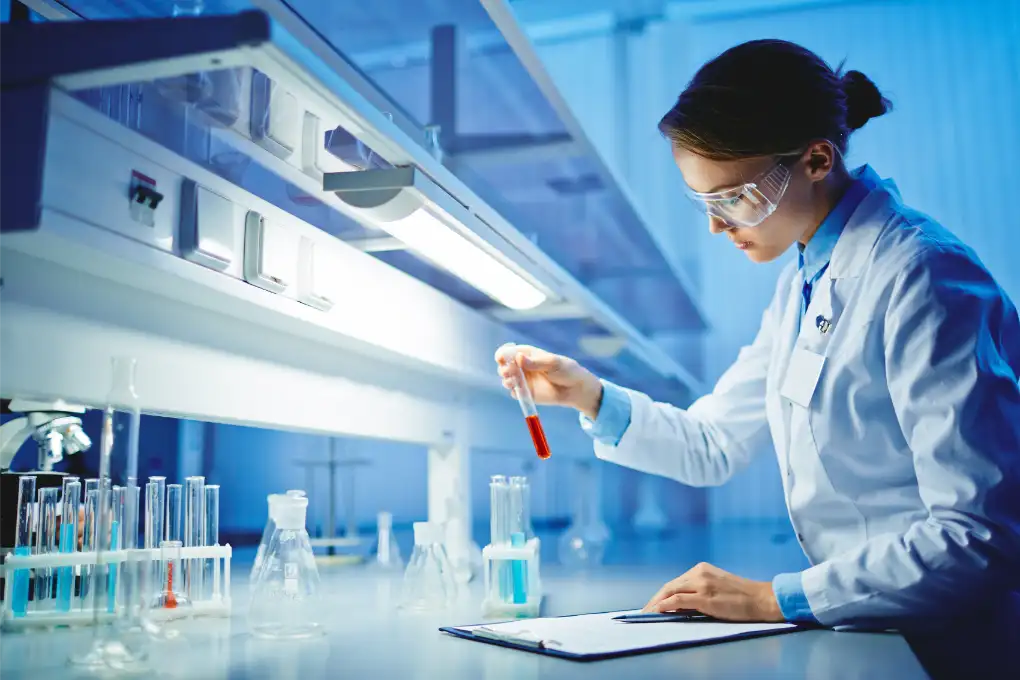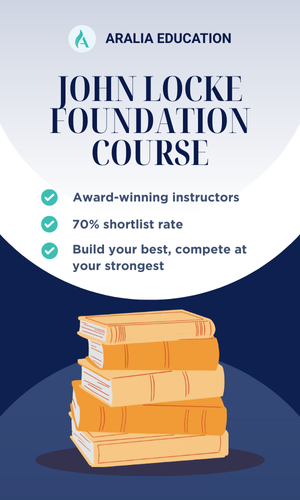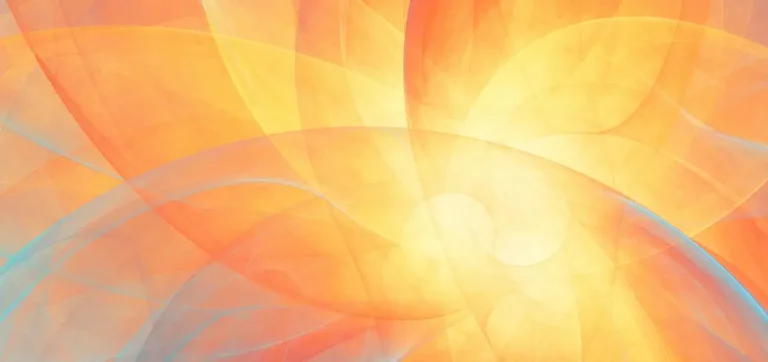What is SSP Summer Program
1. What is SSP International?
SSP International, Inc. is a nonprofit organization that creates impactful STEM learning experiences through hands-on, research-based summer programs. Since its founding in 1959, SSP has empowered students to explore science beyond the classroom and established a culture of discovery, collaboration, and intellectual challenge.
2. SSP Summer Program
The Summer Science Program (SSP) has a long history of providing high school juniors with an immersive experience in STEM. This program offers a challenging, hands-on approach to scientific research, encouraging students to develop academically and personally through authentic inquiry.
Students choose from specialties like astrophysics, biochemistry, bacterial genomics, synthetic chemistry, or cell biology. They work closely with expert mentors and collaborate in teams while living on a college campus.
3. How long is the SSP Summer Program?
Participants dedicate five weeks to intensive scientific research at a leading research university. They perform experiments with advanced equipment, learn from lectures given by expert scientists, and present their findings, all while building lasting relationships.
85% of Aralia Students Place in Top Writing Competitions
4. Where Is the SSP Summer Program?
SSP locations differ based on the program and are hosted at prestigious universities throughout the United States. See the program details below for this year’s specific campus sites for each program.
5. Who Can Attend the SSP Program?
The program is open to current high school juniors who will have completed the required coursework for their chosen research field by June. Students must be between 15 and 18 years old during the program. Freshmen, sophomores, and seniors are not eligible.
SSP Research Focus & Eligible Grade Levels:
- Astrophysics: Grade 11 (and some Grade 10 students)
- Biochemistry, Genomics, Synthetic Chemistry: Grade 10 or 11
6. Cost and Financial Aid
The 2025 program fee is $9,800. SSP provides comprehensive financial aid covering up to 100% of the demonstrated need. In 2024, the program awarded $1.3 million in tuition discounts. Financial assistance includes full or partial tuition reductions as well as travel support. For example:
- Families with incomes under $75,000 typically qualify for full aid plus travel assistance.
- Those earning under $140,000 may be eligible for partial discounts.
- Even families earning above $140,000 can qualify based on individual circumstances.
SSP Summer Program - Program Details
Over five weeks, students will:
- Build a global network of curious, motivated peers and mentors.
- Strengthen college readiness and confidence.
- Develop problem-solving skills that extend far beyond the classroom.
Students engage in experimental science classes, lab work, and guest lectures six days a week, with occasional field trips to scientific, cultural, or recreational sites.
Areas of research include:
- Astrophysics
- Biochemistry
- Bacterial Genomics
- Synthetic Chemistry
- Cell Biology
1. Astrophysics Research
In the Astrophysics Research program, students will explore space by studying near-Earth asteroids through the lens of astrophysics, calculus, and scientific programming. Working in teams, they will gain hands-on experience using telescopes and astronomical software while developing research and analytical skills under the mentorship of leading scientists.
2025 Research Project – Asteroid Orbit Determination: This project challenges students to observe and calculate asteroids’ orbital paths. Your findings are submitted to the NASA-funded Minor Planet Center and contribute to global asteroid tracking efforts. This program offers a rare opportunity to engage in space research with lasting scientific value.
Program dates and locations are presented below:
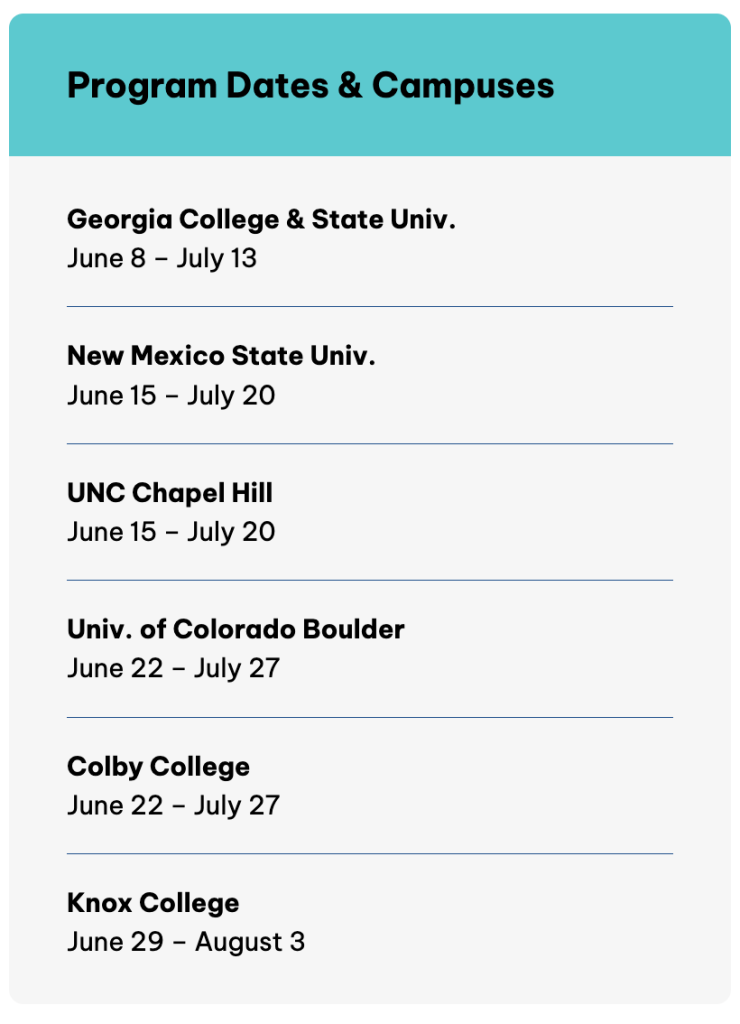
2. Biochemistry Research
In the Biochemistry Research program, students will dive into molecular science by studying enzymes and designing inhibitors to prevent fungal infections in crops. This program encourages a hypothesis-driven approach and offers direct mentorship from experienced biochemists and guest lecturers.
2025 Research Project – Fungal Inhibitor Design: The research project focuses on characterizing a fungal enzyme, modeling its structure, and creating a molecule to inhibit its function. Through this work, students gain hands-on experience in molecular modeling and biochemical analysis while tackling real-world challenges related to global food security.
Program dates and locations are presented below:
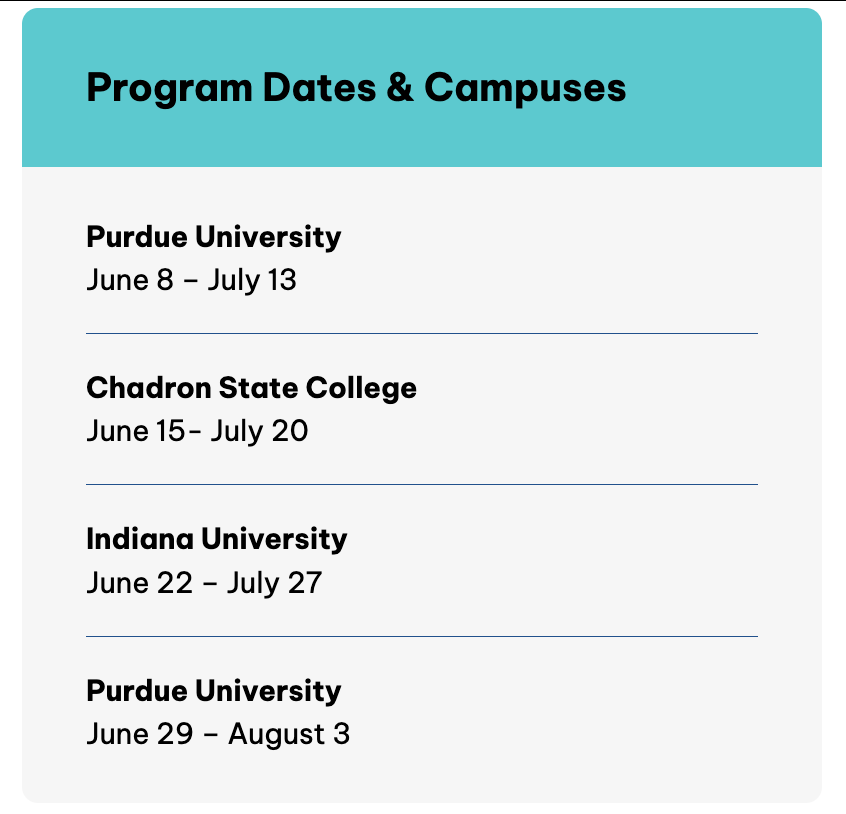
Unlock Your Writing Potential: Students in Our Writing Competition Preparation Class Are More Likely to Secure Awards
3. Bacteria Genomics Research
The Bacterial Genomics program allows students to explore how bacteria evolve under stress by analyzing changes in DNA across generations. Students will gain hands-on experience in microbiology, molecular biology, genetics, and bioinformatics, building the skills to decode genomes and identify mutations linked to stress resistance.
2025 Research Project – Antibiotic Resistance and Directed Evolution: Students will expose non-pathogenic bacteria to stressors to drive evolutionary change. By sequencing and analyzing the resulting DNA, they’ll uncover genetic mutations that offer resistance, contributing valuable insights into how evolution works and how we might better address antibiotic resistance and other global health challenges.
Program dates and locations are presented below:
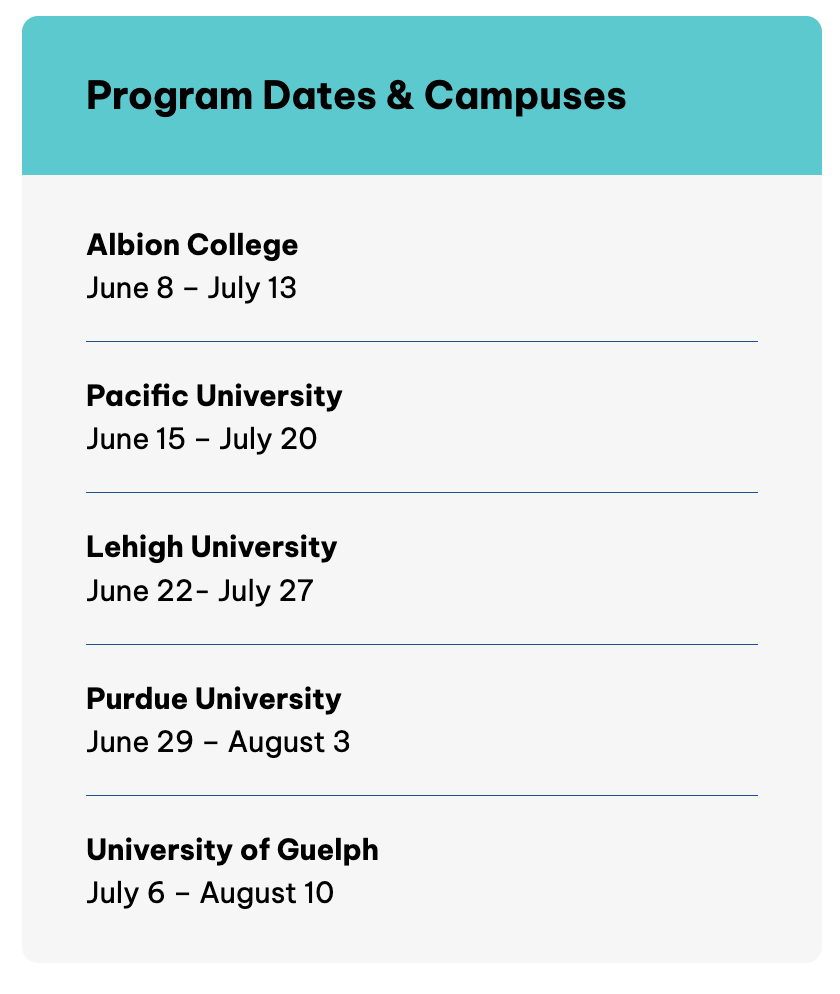
4. Synthetic Chemistry Research
In the Synthetic Chemistry program, participants explore organic and inorganic chemistry by synthesizing macrocyclic compounds—complex molecules with wide-ranging applications in medicine, engineering, and technology. Through hands-on lab work, students gain meaningful experience in organic chemistry and learn to design and carry out precise chemical reactions.
2025 Research Project – Creation of Novel Macrocyclic Catalysts: This research introduces students to catalysis, focusing on how first-row transition metals can drive important redox reactions. By designing macrocyclic ligands that mimic natural enzymes, participants contribute to developing new catalysts with potential real-world impact in fields like biochemistry and pharmaceuticals.
Program dates and locations are presented below:
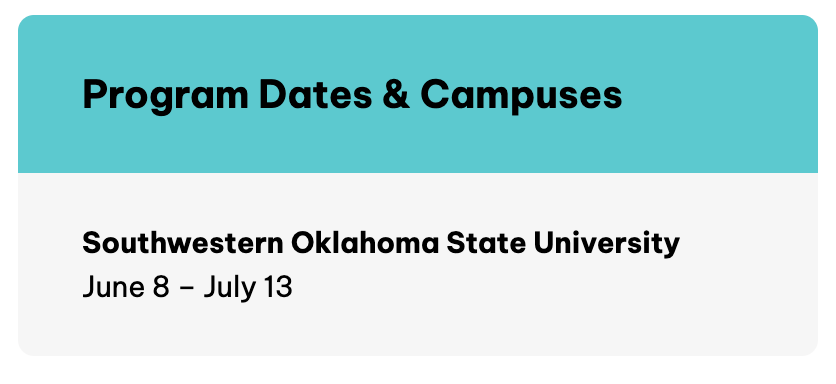
5. Cell Biology Research
In the Cell Biology program, students will use CRISPR gene editing to investigate genes involved in the cell cycle using baker’s yeast as a model organism. Through this hands-on research, students will gain experience in molecular biology, genetics, and bioinformatics while exploring how gene expression impacts cell replication, an area with deep ties to cancer research and human health.
2025 Research Project – Targeting Cell Cycle Genes Using CRISPR: This project challenges students to identify, edit, and study a cell cycle gene using CRISPR technology. After validating their gene edits, participants will analyze how disrupting that gene affects cell behavior and draw broader conclusions about cell growth regulation. The project offers a unique opportunity to engage with real-world biomedical questions in a lab setting.
Program dates and locations are presented below:
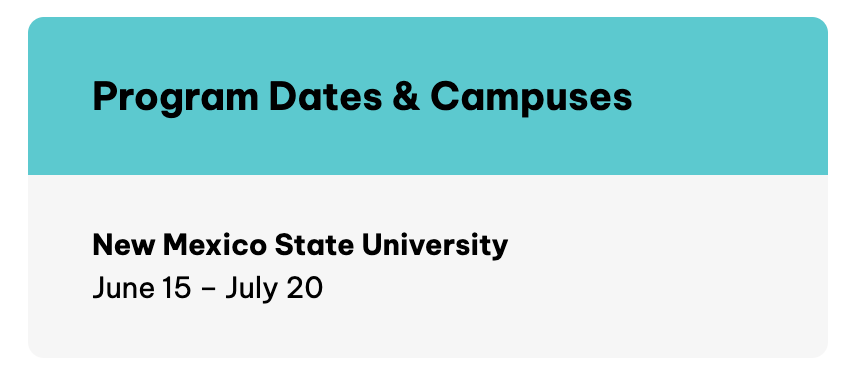
How to Apply?
1. Application Requirements
Applicants must complete coursework related to their chosen field (for credit and a grade) by June. Self-study is not accepted.
SSP Research Focus | Coursework Prerequisites (In Progress or Completed by June of the Program Year) |
Astrophysics | physics (any level high school physics) + precalculus (or if you don’t have physics, calculus) |
Biochemistry | biology + chemistry + strong algebra skills |
Genomics | biology + Algebra II |
Synthetic Chemistry | chemistry + strong algebra skills |
Your application will include:
- Application form
- Short personal essays
- At least two teacher evaluations (one optional)
- High school transcript
- Financial aid application (if needed, after admission)
You can refer to these resources from the SSP to prepare for your application.
2. Important Dates
Applications for the program usually open in winter. Below is a list of important dates to apply for the program.
- December 12, 2024: Applications Open
- January 24th, 2025: Deadline for international applications
- February 21, 2025: Deadline for domestic applications
- Mid-March 2025: International admission decision released
- Mid-April 2025: Admissions decisions released
- June 2025: Programs begin mid-late June
3. How Competitive Is the Program?
SSP is highly competitive, with only 500–600 students accepted annually. The admissions process is selective, emphasizing academic readiness, passion for science, and growth potential.
4. Why Should I Join the SSP Summer Program?
SSP offers far more than a typical summer camp. Participants live and work closely with other highly motivated students, gaining research experience, personal growth, and preparation for college-level STEM majors.
The program helps you:
- Understand what real scientific research entails.
- Strengthen time management and collaboration skills.
- Develop critical communication and analytical abilities.
- Explore whether STEM is the right path for you.
SSP also offers an optional mentorship program, SSP Connect, where participants are paired with alumni for college guidance.
The benefits of participating in the SSP Summer Program can vary based on each student’s background and experience. However, the program offers several core advantages that consistently make it a transformative opportunity:
- Academic Rigor: Explore advanced, college-level material rarely accessible in high school.
- Hands-on Research: Gain direct experience conducting real-world scientific investigations.
- College Preparation: Strengthen your college applications with meaningful, in-depth research experience.
- Collaborative Environment: Work closely with talented peers and mentors from around the globe in a team-oriented setting.
- Lifelong Network: Become part of a dynamic and supportive community of alumni, faculty, and scientists.
5. Join Aralia's Summer Classes
Aralia Education offers a comprehensive suite of online courses tailored for students in grades 6–12, aiming to foster academic excellence and personal growth. Our programs encompass a wide range of goals, including competition preparation, research and publication, AP and IB exam readiness, and foundational courses for middle and high school students.

